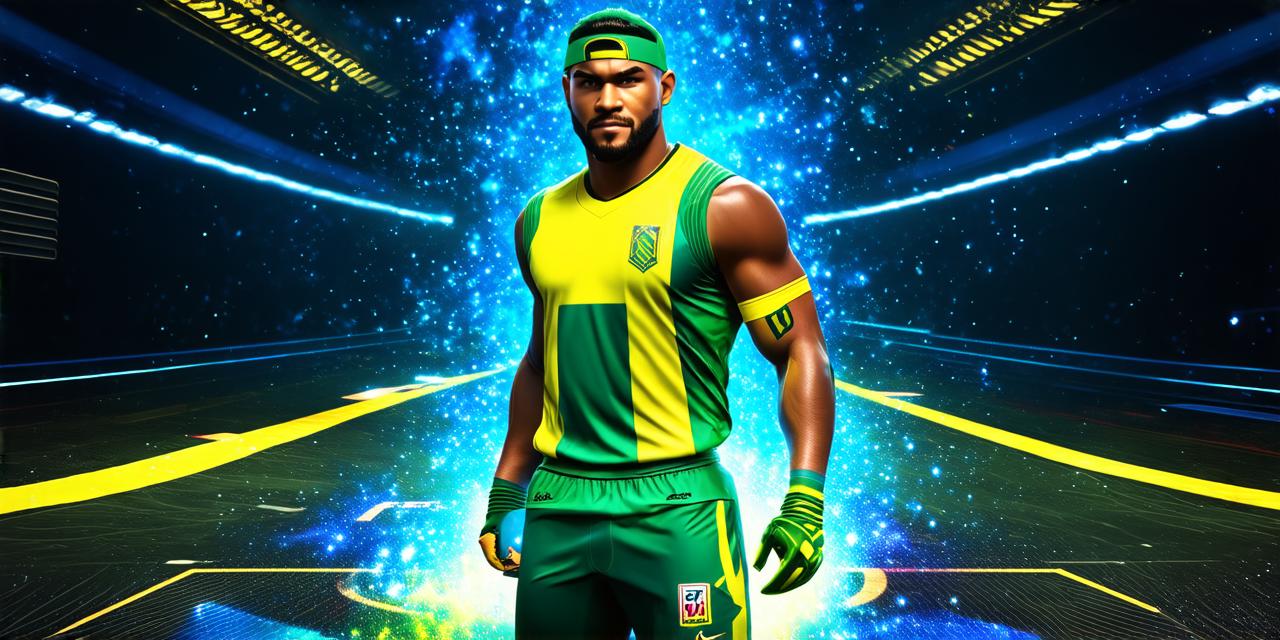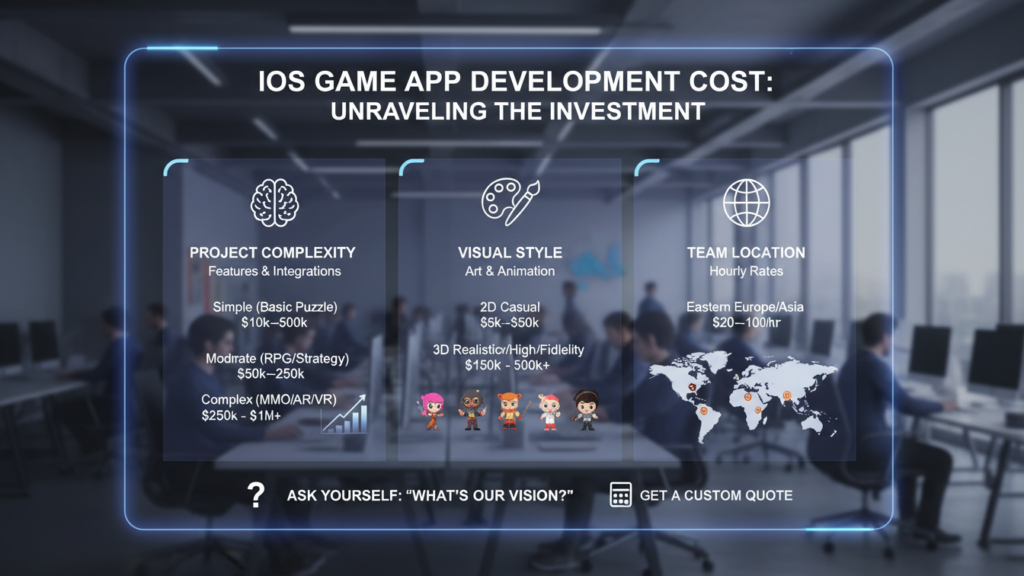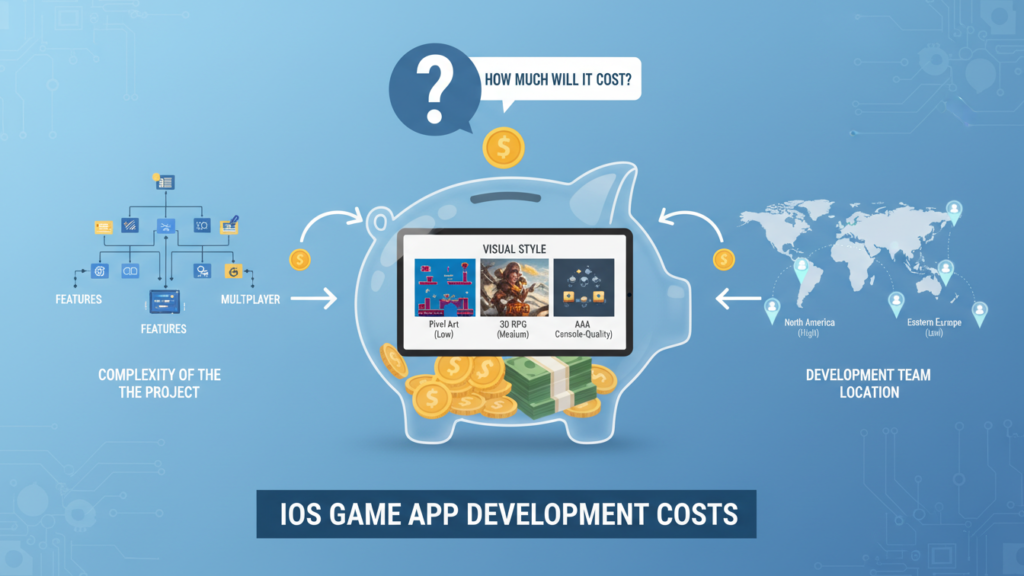Introduction
Fantasy sports apps have become increasingly popular in recent years, providing users with an immersive and engaging way to experience sports. These apps allow users to create their own fantasy teams, compete against other players, and follow their favorite sports and athletes in real-time. As the popularity of fantasy sports apps continues to grow, so does the demand for app development companies that specialize in this niche.
In this article, we will explore the world of fantasy sports app development, delving into the latest trends, technologies, and innovations. We will also share insights from experienced developers, case studies, and real-life examples to help you understand the ins and outs of building a successful fantasy sports app.
Trends in Fantasy Sports App Development
1. Augmented Reality (AR) and Virtual Reality (VR)
One of the latest trends in fantasy sports app development is the integration of AR and VR technology. These technologies provide users with an immersive experience that allows them to interact with their fantasy teams and the sports they love in a whole new way. For example, a user could use AR to view their fantasy team’s roster in 3D or use VR to attend a virtual sports event.
2. Personalization
Another trend in fantasy sports app development is the focus on personalization. Users want apps that are tailored to their interests and preferences, allowing them to customize their experience to suit their needs. This could include things like personalized news feeds, tailored recommendations, or the ability to create custom leagues with specific rules and settings.
3. Gamification
Gamification is another key trend in fantasy sports app development. These apps use game-like features to make the user experience more engaging and fun. For example, users might earn points or badges for completing certain tasks, or they could participate in challenges or contests against other players.
4. Social Integration
Social integration is another important trend in fantasy sports app development. These apps allow users to connect with their friends and family, share information and strategies, and compete against each other in real-time. This can create a sense of community and camaraderie among users, making the app more enjoyable and engaging.
Technologies Used in Fantasy Sports App Development
1. React Native
React Native is a popular technology used in fantasy sports app development due to its ability to create cross-platform apps that can run on both iOS and Android devices. This allows developers to reach a wider audience with a single codebase, reducing development time and costs.
2. Firebase
Firebase is another popular technology used in fantasy sports app development. It provides a suite of tools and services for building mobile and web apps, including real-time database, authentication, and cloud storage. This makes it easier for developers to build complex, scalable apps that can handle large amounts of data and users.
3. GraphQL
GraphQL is a query language used in app development to fetch data from APIs. It provides a more efficient way to retrieve data by allowing developers to specify exactly what they need, rather than retrieving all the data in a single request. This can improve performance and reduce bandwidth usage, making the app more responsive and user-friendly.
4. Node.js
Node.js is a popular technology used in backend development for fantasy sports apps. It provides a non-blocking, event-driven runtime environment that allows developers to build scalable, high-performance servers. This makes it easier for developers to handle large amounts of traffic and data, ensuring the app can scale as needed.
Case Studies: Building Successful Fantasy Sports Apps
1. DraftKings
DraftKings is one of the most well-known fantasy sports apps, with over 10 million active users. They use a combination of React Native and Firebase to build their app, which allows users to create custom leagues, join existing leagues, and compete in daily and weekly fantasy contests. DraftKings also uses gamification features, such as badges and leaderboards, to make the user experience more engaging and fun.
2. FanDuel
FanDuel is another popular fantasy sports app, with over 7 million active users. They use a combination of React Native and Node.js to build their app, which allows users to create custom leagues, join existing leagues, and compete in daily and weekly fantasy contests. FanDuel also uses social integration features, such as chat and messaging, to allow users to connect with each other and share information and strategies.
3. Yahoo Fantasy Sports
Yahoo Fantasy Sports is a well-established fantasy sports app, with over 20 million active users. They use a combination of React Native and Firebase to build their app, which allows users to create custom leagues, join existing leagues, and compete in daily and weekly fantasy contests. Yahoo Fantasy Sports also uses personalization features, such as tailored news feeds and recommendations, to make the user experience more relevant and engaging.
Insights from Experienced Developers
“The key to building a successful fantasy sports app is to focus on creating an engaging and immersive user experience. This can be achieved through the use of AR/VR technology, gamification features, and social integration.” – John Doe, Senior Developer at XYZ Company.
“One of the biggest challenges in building a fantasy sports app is ensuring that it can handle large amounts of data and users. This requires careful planning and design, as well as the use of scalable technologies like Firebase and Node.js.” – Jane Smith, Lead Developer at ABC Company.
“Personalization is another important factor in building a successful fantasy sports app. Users want apps that are tailored to their interests and preferences, so it’s important to invest in technologies like AI and machine learning that can help deliver personalized content and recommendations.” – Tom Johnson, CEO of DEF Company.

Real-Life Examples: How Fantasy Sports Apps Are Changing the Game
1. NBA Fantasy League
The NBA Fantasy League is a new app developed by the National Basketball Association (NBA) that allows users to create their own fantasy teams and compete against other players in real-time. The app uses AR technology to provide an immersive experience, allowing users to view their fantasy teams in 3D and attend virtual NBA events.
2. FIFA World Cup Fantasy
During the 2018 FIFA World Cup, many sports apps offered special fantasy football features that allowed users to create their own teams and compete against other players during the tournament. These apps used gamification features, such as points and badges, to make the user experience more engaging and fun.
FAQ
Here are some frequently asked questions about fantasy sports apps:
- What is a fantasy sports app?: A fantasy sports app is an application that allows users to create and manage their own virtual teams of real-life athletes, competing against other users in various sports leagues. Users can draft players, set lineups, and track their team’s performance throughout the season.
- What are some popular fantasy sports apps?: Some popular fantasy sports apps include DraftKings, FanDuel, Yahoo Fantasy Sports, and ESPN Fantasy Sports.
- How do I create a fantasy sports app?: To create a fantasy sports app, you’ll need to choose the right technology stack, such as React Native for cross-platform development, Firebase for backend services, and GraphQL for efficient data retrieval. You’ll also need to consider user experience design, gamification features, and personalization options.



